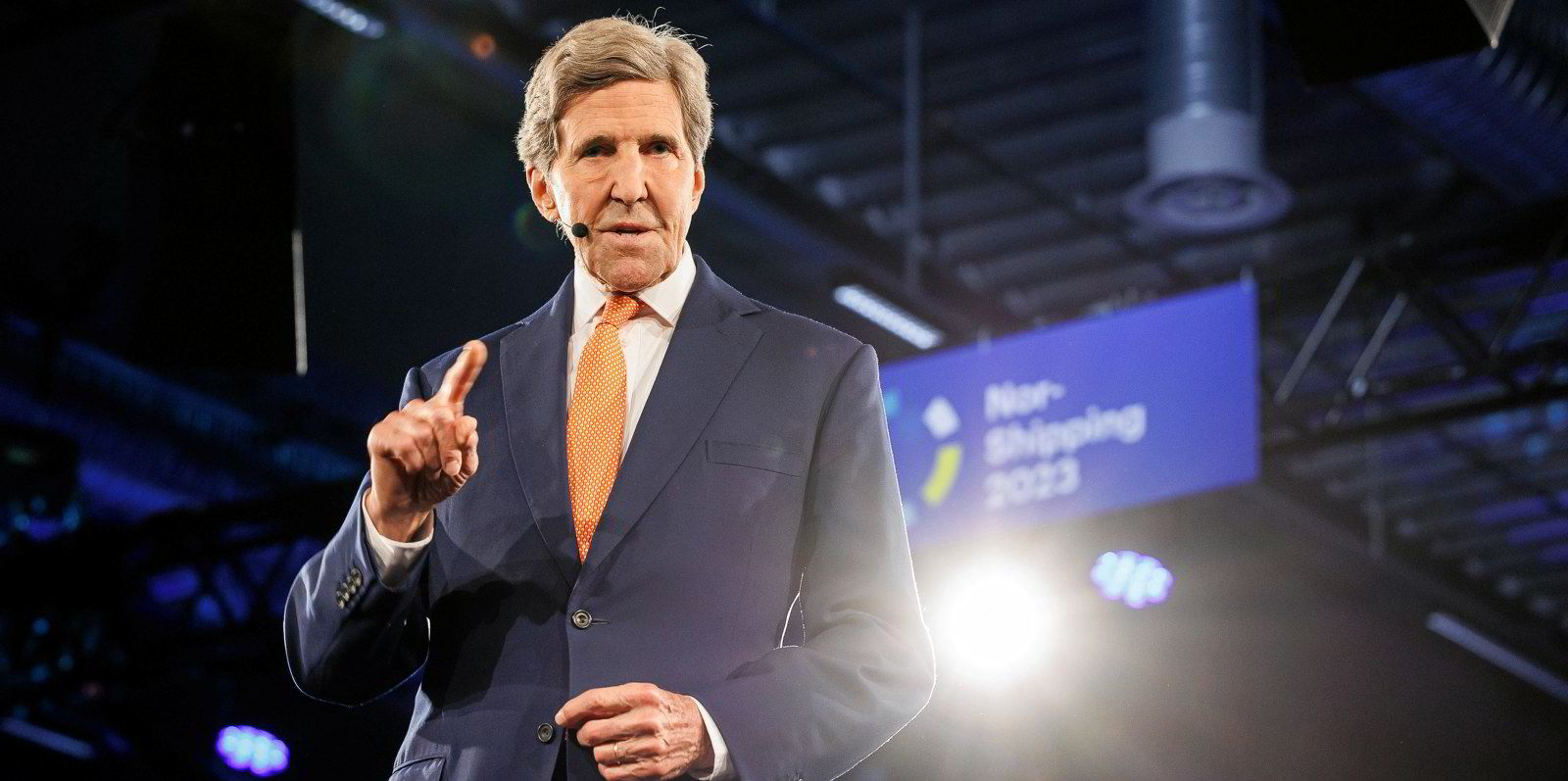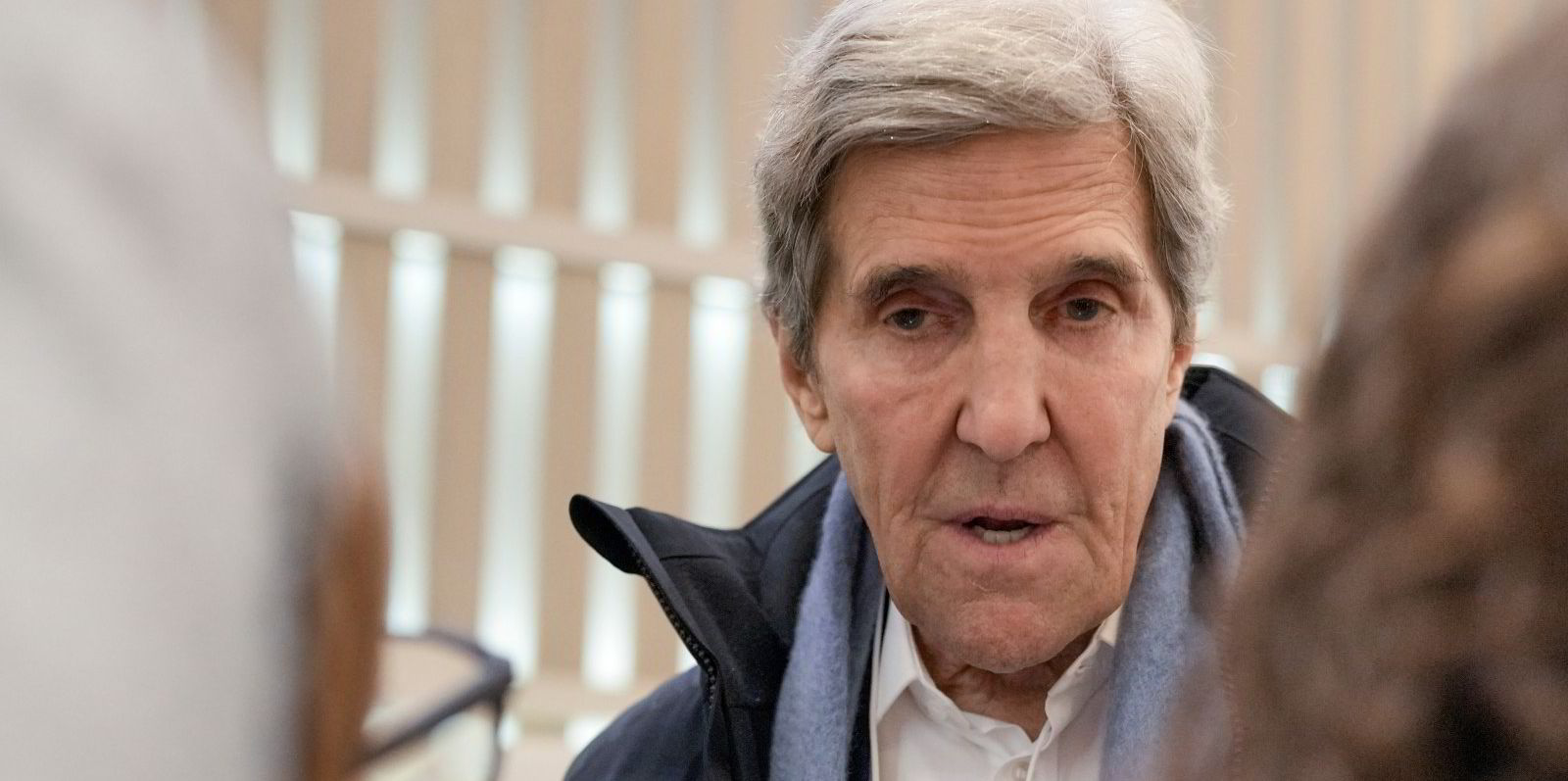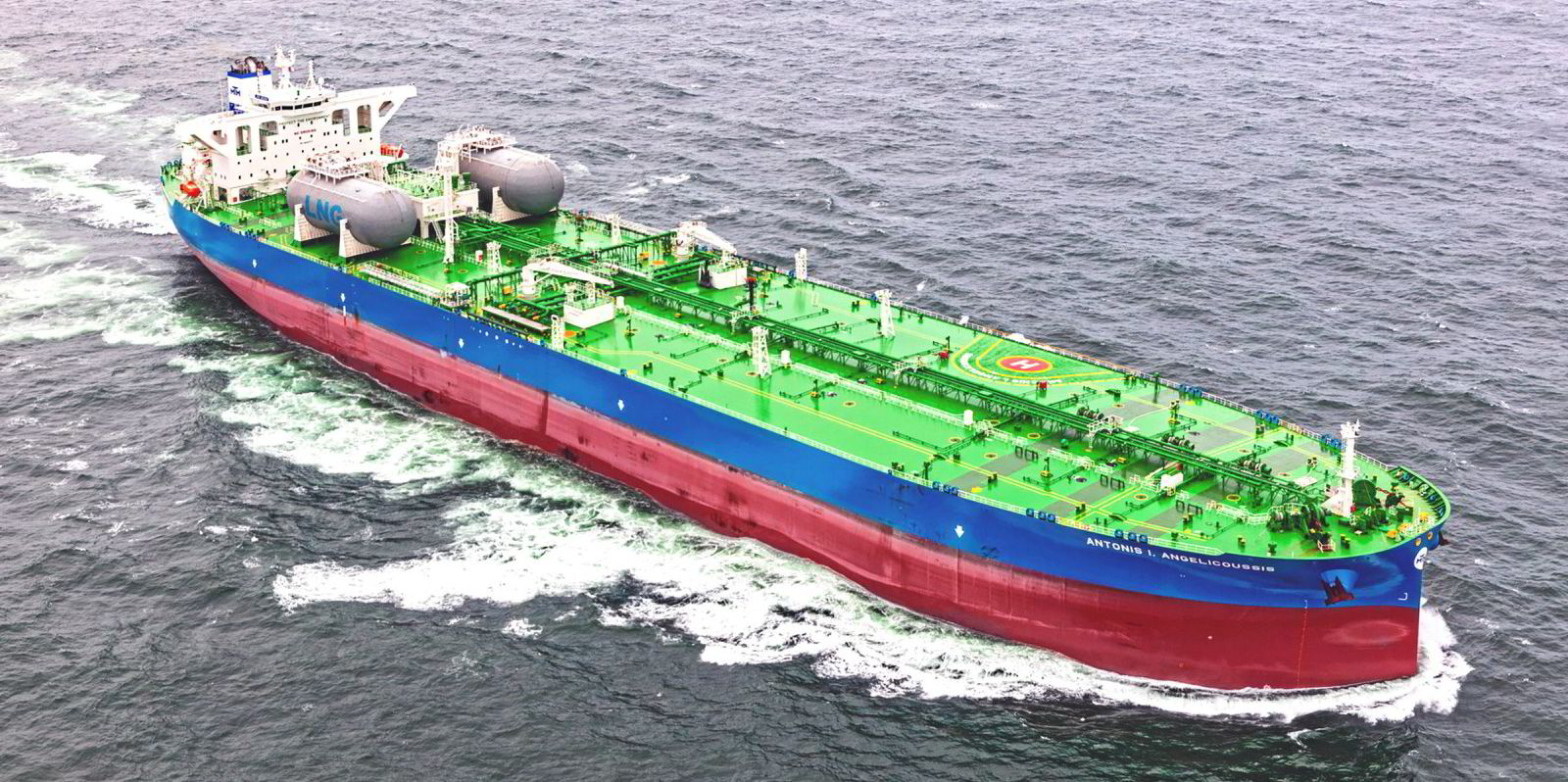For some time now, US climate envoy John Kerry has had a favourite statistic about shipping.
Before I mention what it is, we should first pause to reflect on the fact that until recent years, it would be unheard of for anyone in Washington of Kerry’s profile even to have a favourite thing to say about shipping.
Kerry frequently said, and others in the US State Department’s climate teams often echoed, that if shipping were a country, it would be the eighth-largest emitter of greenhouse gases.

The reason for mentioning the data point is to reframe the narrative about shipping to show how important it is to global climate efforts. Shipping may make up just 3% of global greenhouse gas emissions, but that is also the case for many countries, and who wouldn’t want those countries to be a part of the climate solution?
Now, Kerry has decided to step down as US President Joe Biden’s chief climate statesman. He has said that he will support Biden’s re-election campaign — which will need all the help it can get, given the latest poll data showing former president Donald Trump either neck and neck or in the lead — but continue to work on climate change.
Will the new special presidential envoy for climate, or the Biden administration more broadly, give shipping as much attention as Kerry?
Under Kerry, US climate diplomacy sought an ambitious global target for the shipping industry’s decarbonisation, pursuing new International Maritime Organization targets that would have been in line with what experts believe would put the sector in harmony with the Paris Agreement’s goal of capping temperature rises at 1.5C.
The US pushed for a goal of zero emissions in 2050. It was part of a coalition of nations that was also seeking 37% cuts by 2030 and 96% 10 years later.
Certainly, without a less ambitious negotiating position from Washington and other governments, the IMO would not have secured the agreement reached last year — net-zero carbon emissions by around 2050, and “indicative checkpoints” calling for 20% to 30% cuts this decade and 70% to 80% cuts by 2040. While not fully realising the 1.5C goal, the trajectory closely aligns with this ambitious target.

Kerry, a former secretary of state, senator and presidential candidate, even took the case to Nor-Shipping, where he likened the fight against climate change to the D-Day invasion.
The high-profile US role in the global discussions over maritime greenhouse gas emissions is one of two sturdy legs in a three-legged stool shaping Washington’s shipping climate action.
The second is energy transition funding, with Biden and Congress passing laws like the Inflation Reduction Act to pump cash into green fuel production and electrification. The wobbly third leg is creating the domestic regulatory framework to push shipping to decarbonise, where Brussels is miles ahead of the US.
But when it comes to climate diplomacy, in some ways the hard work is yet to come. The IMO will spend this year working to create the policy mechanisms that will push the industry towards meeting its targets.
Among the measures under consideration is a global fuel standard that would impose gradually increasing greenhouse gas intensity limits on shipping fuel, a proposal that has received support from the Biden Administration. Also on the menu is a measure to put a price on carbon, like a levy, which Washington has been slow to support.
There has been no word on succession plans for the climate czar and special envoys now require Senate confirmation, so whoever is chosen may face hurdles in a divided Congress amid an election season. Deputies Rick Duke and Sue Biniaz will carry the torch for now, and Biniaz has been a voice for decarbonising shipping.
But Kerry’s move to the campaign trail could be read as a message. Working to re-elect Biden may be a way to ensure that his work on climate change is not unravelled by a second Trump administration.
The risk that change in Washington will lead to backward steps may outweigh the opportunity to take more steps forward.





